Agile development is all about moving fast and delivering value quickly. But with speed comes the challenge of ensuring quality. Developers are shipping updates more often than ever, and QA teams are under constant pressure to keep up without slowing down the release cycle. This is where AI has started making a real difference. AI tools for QA testing are not just “nice-to-haves” anymore; they have become essential for Agile teams that want to balance speed with quality.
Top AI Tools for QA Teams in 2026
Testing can often feel repetitive and time-consuming, but modern AI tools for software testing are helping QA teams work smarter, not harder. They reduce manual effort, catch errors earlier, and make the entire process less stressful. Let’s take a closer look at the most impactful tools Agile teams are relying on this year and what makes each of them unique.
1. Testim
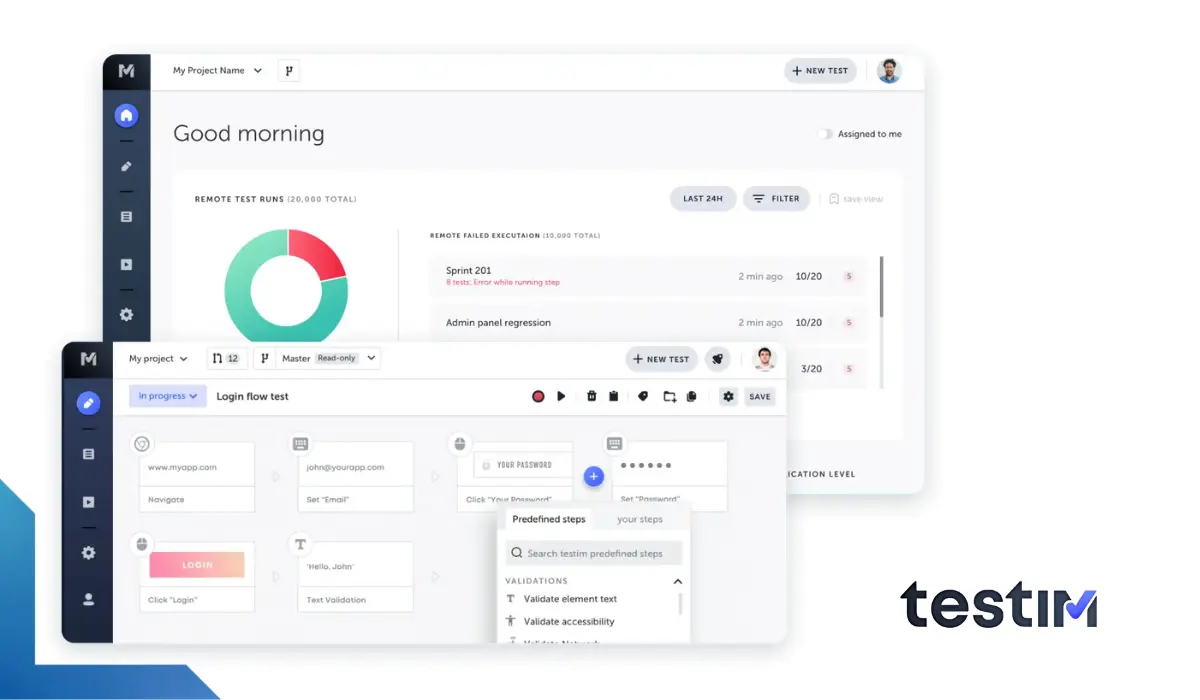
Testim is one of the most widely used AI-driven test automation platforms in Agile environments. What sets it apart is its self-healing technology, which automatically adapts when an application’s user interface changes. This feature alone saves QA teams countless hours, since tests that would normally fail due to small UI changes are automatically repaired by the tool.
Testim also supports test creation through both code and record-and-playback, making it flexible for both technical testers and non-technical team members. It integrates seamlessly into CI/CD pipelines, enabling continuous testing and fast feedback loops.
Why it stands out: Testim’s biggest strength is reducing maintenance work, ensuring Agile teams spend more time developing features and less time fixing broken tests.
2. Applitools
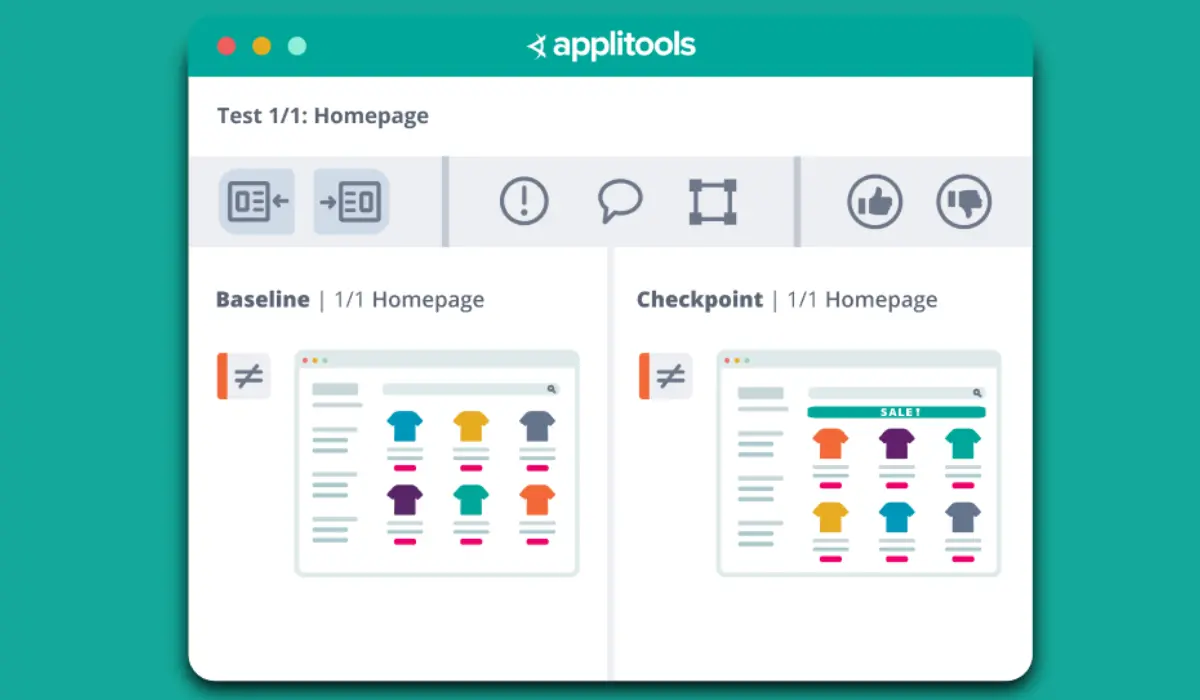
Applitools specializes in visual AI testing, tackling one of the hardest areas of QA: identifying visual bugs. Instead of comparing individual pixels, its AI engine analyzes applications the way a human eye would. This means it can catch subtle UI issues- like misaligned elements, incorrect colors, or missing content- that traditional automation scripts often overlook.
The AI tool is also highly scalable, capable of running tests across hundreds of browsers, devices, and screen sizes at once. This ensures that no matter where the end-user interacts with the product, they will experience the same polished interface.
Why it stands out: Applitools provides confidence in delivering visually consistent user experiences, something especially critical for customer-facing apps and products.
3. Mabl
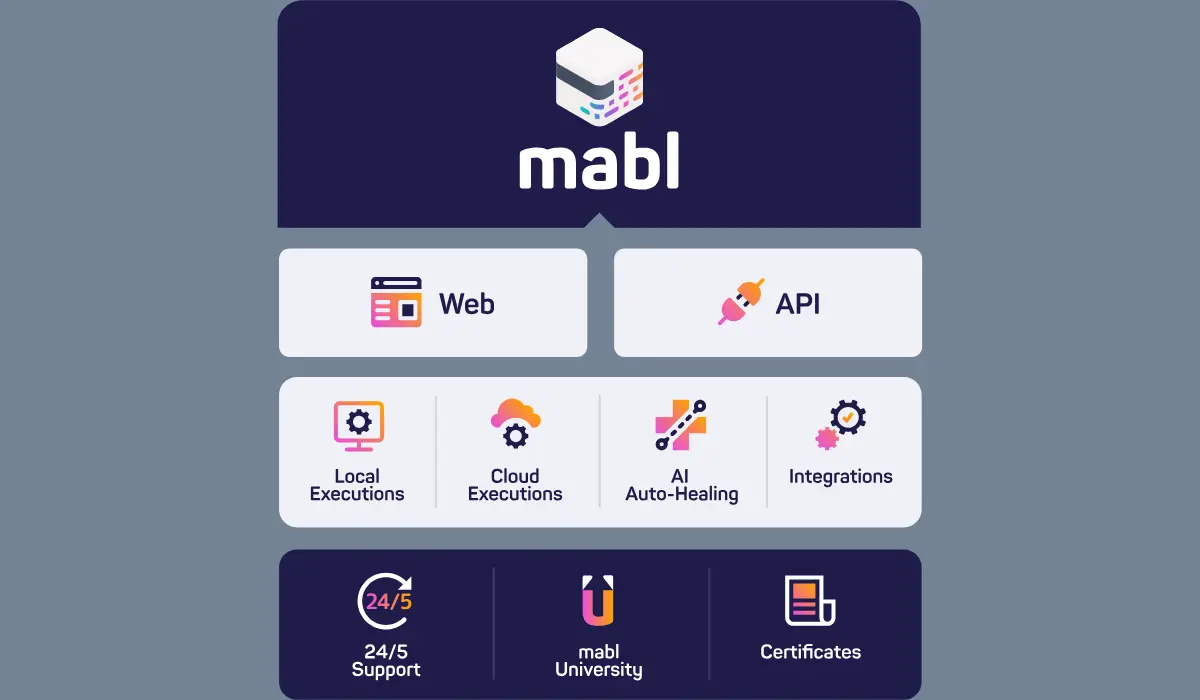
Mabl is designed to fit naturally into Agile workflows. It offers end-to-end intelligent test automation that covers functional, API, and visual testing, all supported by AI. What makes Mabl especially useful is its real-time analytics and performance monitoring. As tests run, it does not just validate functionality; it also measures how the app performs and flags areas that could slow users down.
Its auto-healing feature ensures tests stay resilient against code changes, while the low-code interface makes automation accessible to non-specialists. For Agile teams with diverse skill sets, this inclusivity is a huge advantage.
Why it stands out: A complete package for functional, visual, and performance testing with built-in analytics to guide continuous improvement.
4. Functionize
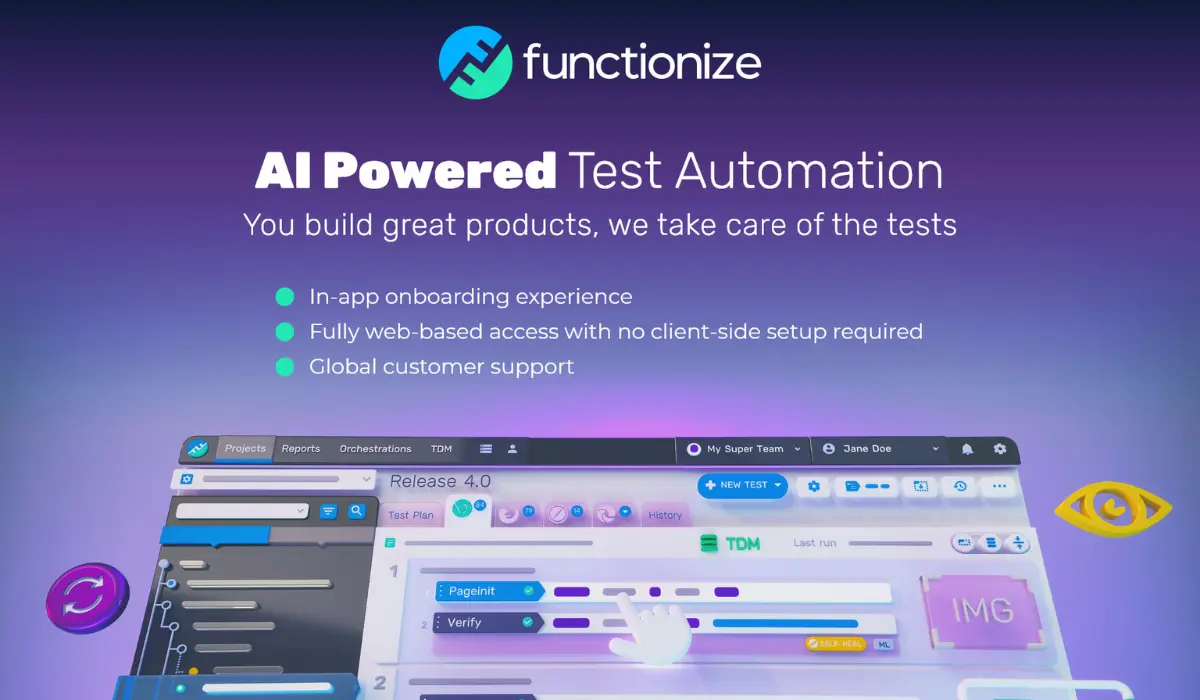
Functionize stands out because of its natural language processing (NLP) capability. Instead of writing test scripts, testers can write cases in plain English, and Functionize automatically converts them into automated tests. This lowers the barrier to entry for test automation, enabling business analysts, product owners, and other non-technical members to contribute directly to QA.
In addition, Functionize leverages machine learning to improve test reliability over time. Its cloud-based platform also allows tests to run at scale, which is essential for Agile teams working on large, fast-moving projects.
Why it stands out: Functionize democratizes test automation, making it more collaborative and inclusive within Agile teams.
5. Katalon Studio (AI-enhanced)
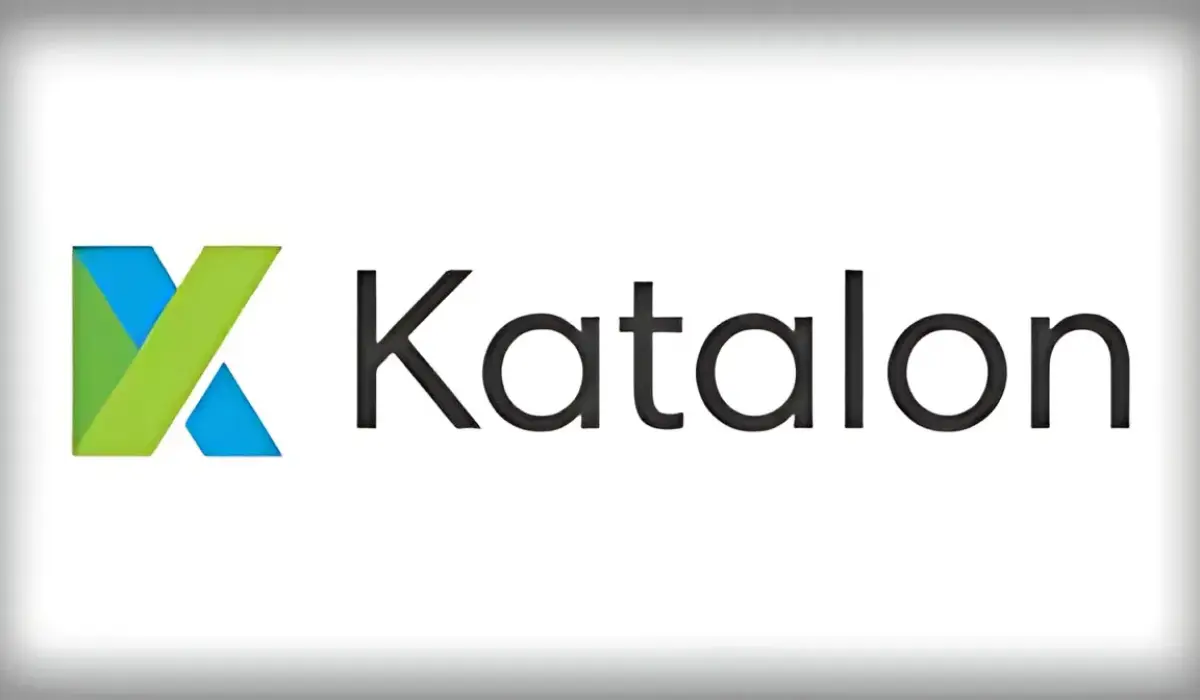
Katalon Studio has been a popular automation framework for years, but its AI-powered features have made it even more valuable in Agile settings. Its AI-based smart locators help identify UI elements more accurately, reducing flakiness in automated tests. The platform also includes self-healing scripts, advanced debugging, and integration with CI/CD tools.
One of Katalon’s strengths is its versatility- it supports web app testing, mobile, API, and desktop application testing all in one platform. For Agile teams managing multi-platform projects, this all-in-one approach reduces the need for multiple testing tools.
Why it stands out: A versatile, AI tool for QA testing that covers multiple types of applications while reducing test maintenance.
6. Sauce Labs with AI-driven Testing
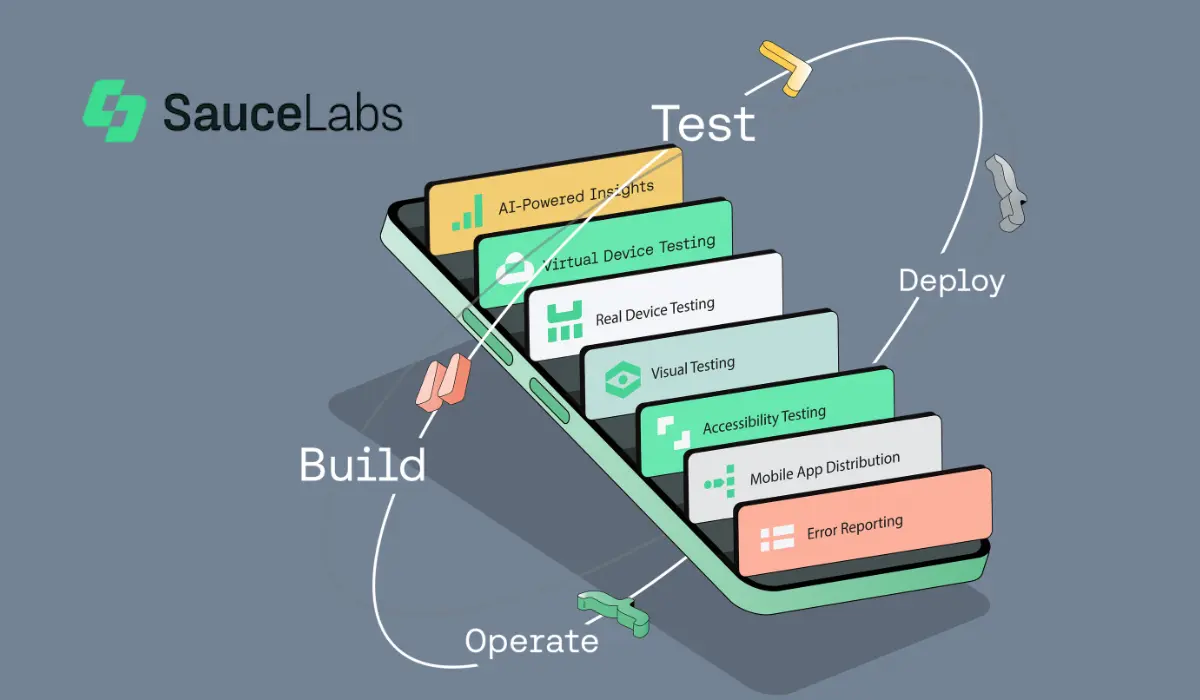
Sauce Labs is well known for its large-scale cloud testing platform, but its AI-driven analytics bring added value for Agile teams. It helps identify flaky tests, detect gaps in test coverage, and analyze performance trends over time. These insights make it easier for QA teams to focus on high-priority issues instead of chasing false failures.
Sauce Labs also supports testing across thousands of browsers and devices, making it ideal for teams that need to ensure broad compatibility. Its integration with CI/CD pipelines means Agile teams can test at every stage of development.
Why it stands out: A powerful combination of large-scale test infrastructure with AI insights that improve reliability and release speed.
Why These AI Tools Matter for Agile Teams
Agile teams do not have the luxury of long testing cycles. Every sprint is fast-paced, and any bottleneck can slow the entire team. AI tools for software testing help by:
- Automating repetitive tasks and reducing human error.
- Detecting bugs earlier and faster than traditional testing.
- Providing predictive insights to prevent failures before release.
- Empowering non-technical team members to actively participate in QA.
This shift makes QA a collaborative process rather than a bottleneck, aligning perfectly with Agile principles.
Final Thoughts
As Agile teams push the boundaries of speed and collaboration, AI-powered QA tools have become essential in keeping quality front and center. Tools like Testim, Applitools, Mabl, Functionize, Katalon, and Sauce Labs are not just making QA faster; they are making it smarter, more inclusive, and more reliable.
For Agile teams, adopting AI in QA testing is not just about efficiency. It is about delivering software with confidence, building trust with users, and staying ahead in a competitive market.






